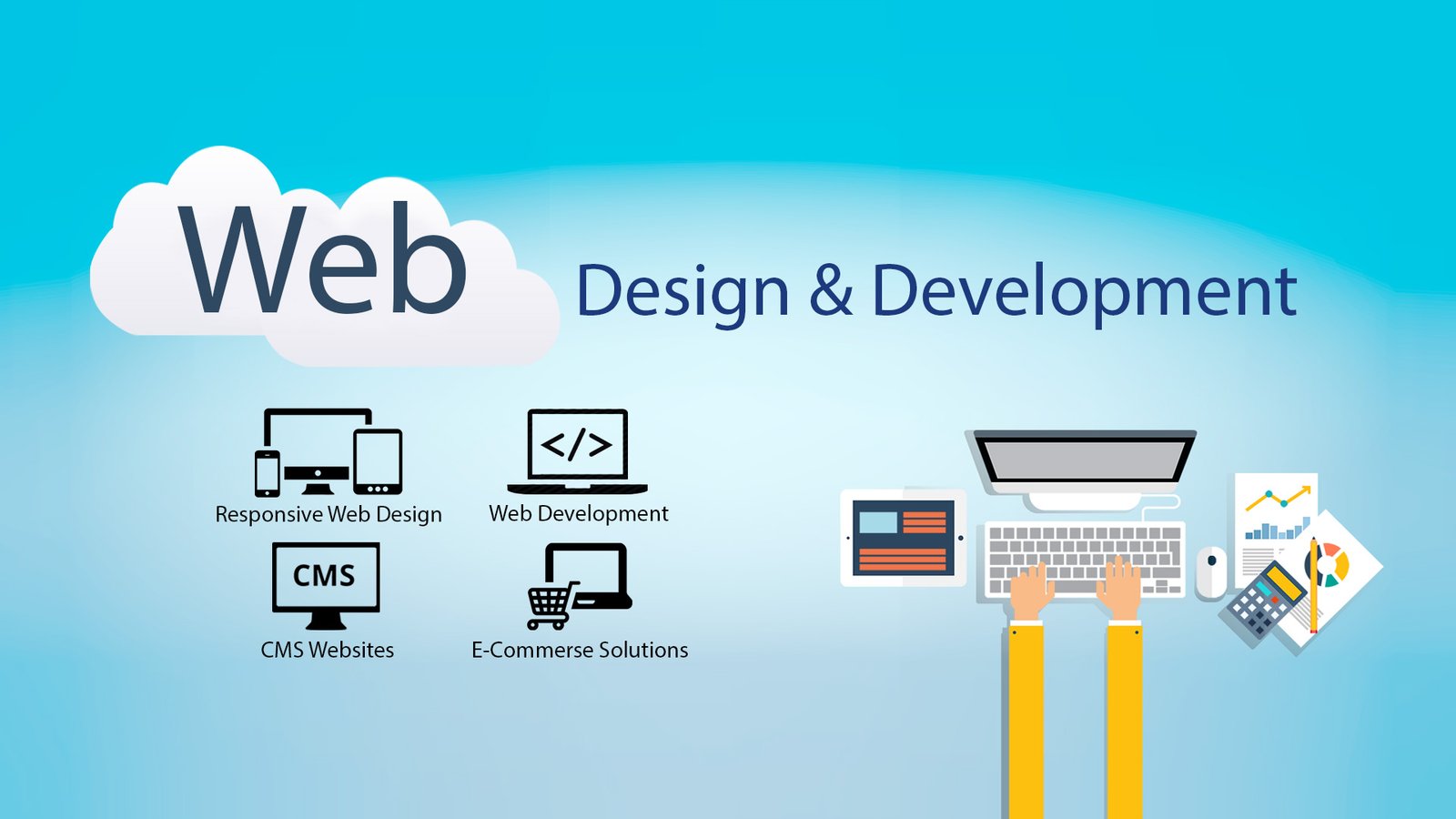
1. Progressive Web Apps (PWAs) Becoming Standard
Progressive Web Apps (PWAs) have been gaining traction for a few years, and in 2024, they are set to become a standard practice in web development. PWAs offer the reliability and functionality of native apps, including offline access, push notifications, and improved performance. They provide a seamless user experience across different devices and are increasingly favored by businesses looking to enhance their mobile presence without investing heavily in native app development.
2. Advancements in Artificial Intelligence and Machine LearningArtificial Intelligence (AI) and Machine Learning (ML) are transforming web development in profound ways. From intelligent chatbots and personalized user experiences to automated coding assistants, AI and ML are becoming integral components of web development. In 2024, we can expect to see more sophisticated AI-driven features, such as advanced predictive analytics, enhanced natural language processing, and real-time personalization, becoming commonplace in web applications.
3. Rise of No-Code and Low-Code PlatformsThe no-code and low-code movement is democratizing web development, allowing individuals with little to no coding experience to create functional websites and applications. These platforms provide drag-and-drop interfaces and pre-built modules, significantly reducing the time and cost associated with web development. In 2024, no-code and low-code solutions are expected to become more powerful and versatile, enabling even complex applications to be built with minimal coding.
4. Enhanced Security MeasuresWith cyber threats becoming increasingly sophisticated, web security is a top priority in 2024. Web developers are implementing more robust security protocols, including advanced encryption methods, multi-factor authentication (MFA), and blockchain technology for secure data transactions. Additionally, there is a growing emphasis on securing APIs and ensuring that web applications comply with stringent data protection regulations.
5. Greater Focus on User Experience (UX) and AccessibilityUser experience (UX) and accessibility are critical components of modern web development. In 2024, web developers are placing even greater emphasis on creating intuitive, user-friendly interfaces and ensuring that web content is accessible to all users, including those with disabilities. This includes adhering to the Web Content Accessibility Guidelines (WCAG) and leveraging tools and technologies that enhance usability and accessibility.
6. Immersive Technologies: AR and VRAugmented Reality (AR) and Virtual Reality (VR) are no longer just buzzwords; they are becoming practical tools for web development. In 2024, we can expect to see more websites and applications incorporating AR and VR to provide immersive experiences. Whether it’s for virtual tours, interactive product showcases, or enhanced gaming experiences, AR and VR are set to revolutionize how users interact with web content.
7. API-First DevelopmentAPI-first development is becoming the norm as businesses seek to create more modular and scalable applications. By prioritizing APIs during the development process, developers can ensure better integration, flexibility, and maintainability of their applications. In 2024, API-first strategies will be critical for enabling seamless communication between various services and platforms, fostering a more connected and efficient digital ecosystem.
8. Quantum Computing on the HorizonWhile still in its nascent stages, quantum computing holds immense potential for web development. Quantum computers can process complex calculations at unprecedented speeds, potentially revolutionizing fields such as cryptography, data analysis, and optimization problems. As research progresses, we may see the first practical applications of quantum computing in web development by the end of 2024, opening up new frontiers for what web technologies can achieve.
9. Sustainable Web DevelopmentSustainability is becoming an important consideration in web development. Developers are increasingly aware of the environmental impact of their work and are adopting practices to create more energy-efficient and eco-friendly websites. This includes optimizing code, using green hosting services, and designing for lower power consumption. In 2024, sustainable web development practices will become more widespread, contributing to the broader goal of reducing the digital carbon footprint.
10. 5G and BeyondThe rollout of 5G technology is set to transform web development by providing faster internet speeds and lower latency. This will enable more complex and data-intensive applications to run smoothly on mobile devices, enhancing the overall user experience. As 5G becomes more ubiquitous, web developers will need to adapt their strategies to leverage the full potential of this technology, paving the way for innovative new applications and services.
Conclusion
The future of web development in 2024 is marked by rapid technological advancements and a shift towards more user-centric, secure, and sustainable practices. As developers continue to innovate and adapt to new trends, the web will become an even more integral part of our daily lives, offering richer, more immersive, and more accessible experiences. The key to staying ahead in this dynamic field will be a commitment to continuous learning and a willingness to embrace change.

